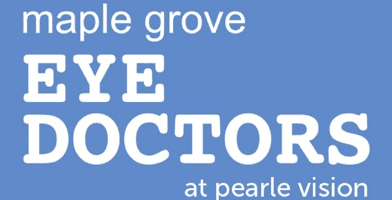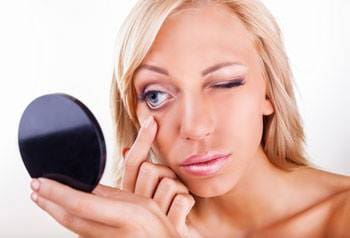Eye care from experts for healthy, happy eyes

Spring is here—beware of the pollen level!
Eye allergies are not harmful to a person’s eyes or vision; however, they can cause discomfort. Our eye experts suggest allergies can lead to the following eye symptoms (in addition to sneezing or sniffing):
- Itching
- Redness
- Burning
- Clear, watery discharge

If you suffer from these symptoms during allergy season or any other time, schedule a comprehensive eye exam* to get treatment and feel better: https://maplegroveeye.vision/eye-exams/
Caring for your eyes is a year-round job. A little smart prevention and TLC can go a long way between your annual exams. Here are just a few daily tips to help you protect your eyes for years to come:
- Sunglasses: not just for looking cool. Sun damage is serious business for your eyes. Always wear eyeglasses and sunglasses with 100% UV protection. They also serve as a good shield from windblown allergens.
- Don’t ignore headaches. Reaching for another aspirin? Frequent headaches can be a sign of an eye health issue. Check with your eye doctor.
- Tears can be a good thing. Beware of dry, itchy eyes caused by environmental factors, certain medications or just aging tear ducts. Artificial tears can work wonders for thirsty, irritated eyes.
- Don’t be afraid to blink. Healthy eyes need breaks. Frequent blinking prevents fatigue.
- Safety first. If you think you should be wearing safety glasses, put them on.
- Supercharge your eyes. Diets rich in Vitamin A keep eyes healthy and sparkling. So eat lots of carrots, dark leafy greens or sweet potatoes.
- Give ’em a rest. Reduce computer-related eyestrain with the 20-20-20 rule: Every 20 minutes, look about 20 feet away for 20 seconds.
- Sleep on it! Sleep is the most natural form of eye care. Lack of sleep can lead to increased strain and make your eyes look unhealthy (dark circles or bags).






